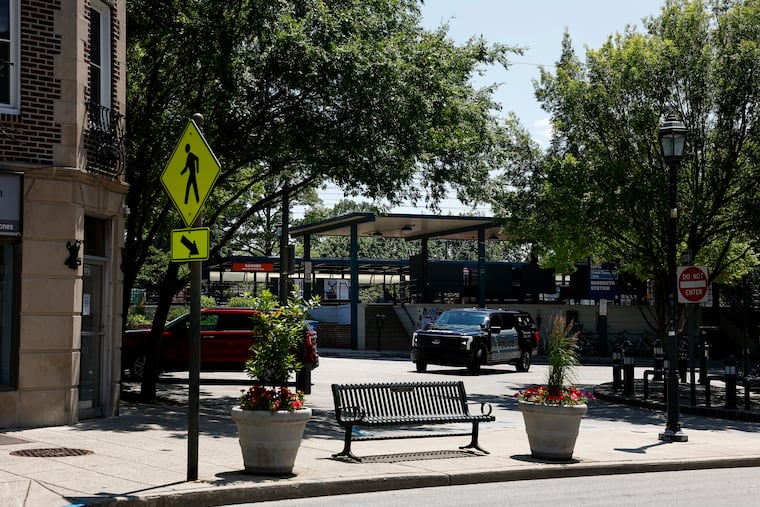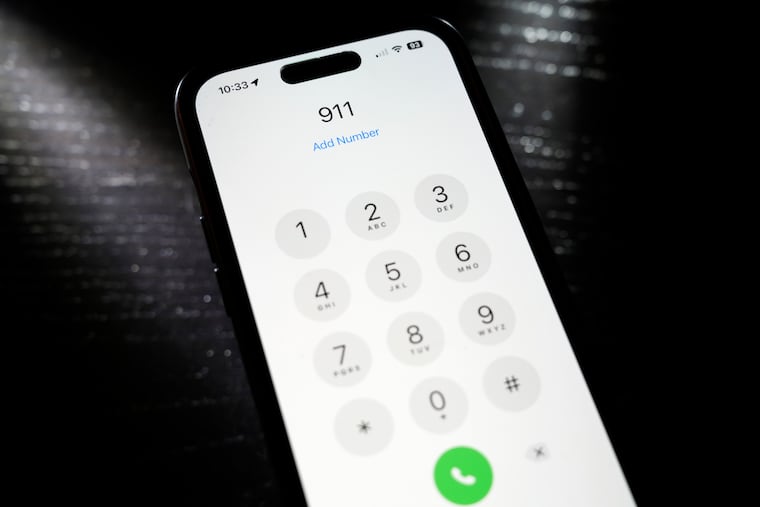Hate-filled songs aimed at Indian Muslims emerge following Kashmir attack.

Mumbai, India – In the aftermath of the tragic attack on April 22, which resulted in the loss of 25 lives, including both tourists and a local pony rider in the Indian-administered Kashmir region, significant concerns have emerged regarding the public discourse and sentiments prevailing in the country. Within less than a day of this devastating incident, a controversial song surfaced on YouTube, gaining traction for its incendiary lyrics aimed at Indian Muslims.
This song, titled “Pehle Dharam Pocha” (They Asked About Religion First), has sparked intense discussions about the ongoing challenges of communal harmony in India. The song promotes a narrative that implies Indian Muslims are disloyal and encourages their departure from the country, which is home to a diverse mosaic of cultures and beliefs. As it stands, this song has quickly garnered over 140,000 views on the platform, reflecting a disconcerting trend of music that invokes sentiments of alienation among communities.
Notably, the attack in Pahalgam marked the most severe assault on tourists in Kashmir in a quarter of a century. Both the Indian government and the public have expressed concerns regarding the implications of this incident. Amidst accusations directed at Pakistan for alleged links to the attackers—allegations that Pakistan has vehemently denied—there has been a striking surge of music tracks promoting negative sentiments towards Indian Muslims. This genre, referred to as Hindutva Pop, has seen songs calling for violent retribution and advocating for boycotts against the Muslim community.
As reported by ZezapTV, the emergence of 20 such songs since the attack is noteworthy. These songs have consistently spread a message of distrust towards Indian Muslims by framing them as potential threats. However, it is vital to emphasize the bravery of individuals across communities, including a Kashmiri pony rider who attempted to thwart the gunmen and paid the ultimate price.
The proliferation of such divisive music tracks aligns with a broader digital strategy used by radical groups to exacerbate tensions between communities in India. These developments have ominous implications, inciting violence and hate against Muslims, particularly in states like Uttar Pradesh and Maharashtra, where numerous incidents have been reported.
Amidst this environment of turmoil, civil rights groups are working tirelessly to provide support for victims of the escalating violence. The Association for Protection of Civil Rights (APCR) has documented 21 incidents of anti-Muslim violence and intimidation, illustrating the rising stakes in the current climate. Members of the politically influential Bharatiya Janata Party (BJP) have been accused of inciting hatred and promoting economic boycotts against Muslim communities, further complicating the situation.
Experts, including those at the Center for the Study of Organized Hate, acknowledge the increasing prevalence of hate speech in societal narratives since the Kashmir attack. This troubling trend not only endangers communal harmony but also reinforces the urgent need for inclusive dialogues that recognize the contributions of minorities in India.
As the conversation around these developments continues, it is essential to foster unity rather than division, appreciating the rich cultural heritage and shared values among all communities, including Muslims who represent a significant portion of India’s demographic.
#PoliticsNews #CultureNews






